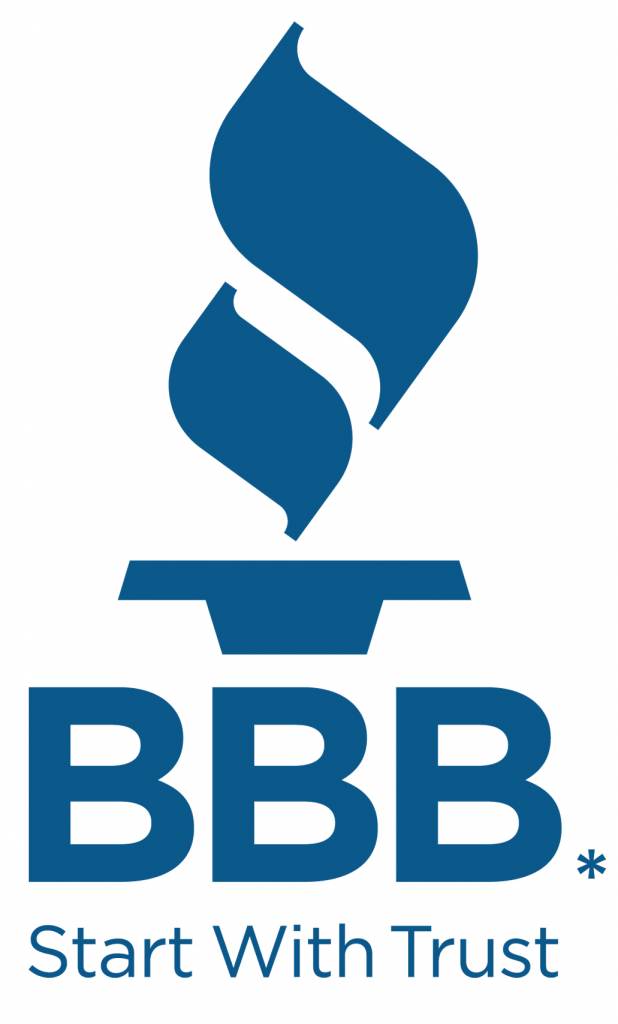The place seems like a dream come true: the right space, the right location, the right price. But is it really for rent? Or will the renter or traveler arrive to find their money gone with nowhere to stay?
An in-depth investigative study by Better Business Bureau (BBB) finds that fraud is widespread in the online rental home and vacation rental market, with 43 percent of online shoppers encountering a fake listing and more than five million consumers losing money to such scams.
Most commonly, fraudsters simply copy the photo and description of a property, post it online with their own contact information and try to get a deposit and first month’s rent from the victim. The fraudster may communicate only by email or text message and may claim to be out of the country and unavailable to show the property. Once the victim sends money, the fraudster disappears.
In less common types of fraud, victims may be enticed to buy an online directory of homes supposedly for rent, or they may be tricked into signing up for credit monitoring that comes with recurring monthly charges. Many consumers look for rental listings on free classified listing sites like Craigslist and Kijiji, as well as Facebook Marketplace as well as other paid sites such as Rentfaster.ca. Fake listings turn up frequently on these sites, despite the companies’ efforts to keep scam listings off their sites and warn consumers about potential fraud.
Scams also frequently appear on vacation rental websites such as Airbnb, VRBO and HomeAway.com. They follow the same pattern, preying on vacationers’ inability to check out a listing before paying money for it. Cases also have been noted of scammers luring a renter away from Airbnb to deal with the “landlord” directly or spoofing Airbnb’s site to impersonate the landlord and the company’s payment portal. These companies likewise have warned consumers about potential fraud and taken steps against fake listings.
In addition to warning consumers of red flags that may signal apartment or vacation rental scams, the report recommends:
- Rental unit owners should watermark photos used for rental postings, which will make it more difficult for scammers to copy photos of other properties posted online.
- Website platforms that list houses, apartments and vacation properties should make extra effort to screen for bogus listings, and they should explore ways to allow consumers to easily report scam listings.
What to do if you are the victim of a rental scam:
- File a report with local police and the Canadian Anti-Fraud Centre.
- Go to BBB.org to view a business’ BBB Business Profile, including complaints and reviews, or to file a complaint or report a scam on Scam Tracker.











